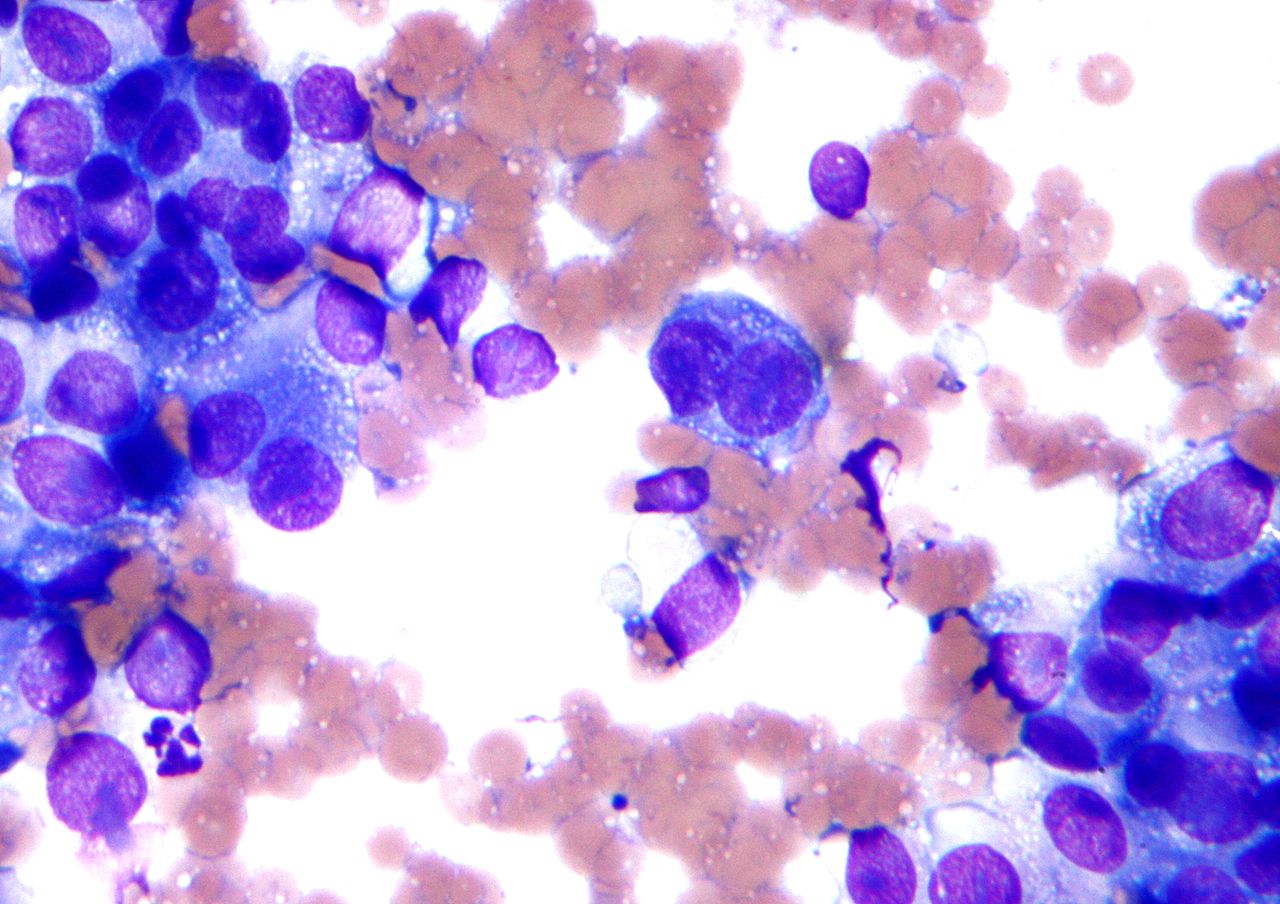Quick Overview
Quantum dots are transforming electronic displays on TVs and tablets. But now, one group reports in ACS Nano that these tiny structures may someday provide relief for eye infections resulting from contact lens wear, trauma or some types of surgeries.

Every year, roughly 1 million people in the U.S. develop an eye infection known as bacterial keratitis, according to the Centers for Disease Control and Prevention (CDC). The infection causes the cornea to become inflamed, and if left untreated, can lead to vision loss. Current treatments include steroid drops, but these medications can lead to scarring of the cornea. Researchers have turned to antibacterial nanomaterials to treat this infection, but some of these substances are toxic to human cells, too. So, Jui-Yang Lai, Chih-Ching Huang, and colleagues wanted to develop a new treatment that would be easy to make, while also being non-toxic.
The researchers developed a one-step method to make carbon quantum dots by heating spermidine, a compound that can boost the effectiveness of antibiotics. The result was a spermidine-coated quantum dot that could kill various bacterial strains, including those that are resistant to multiple drugs, in laboratory animals. The materials disrupted bacterial cells while leaving animal cells alone. The team says that the new quantum dots are a potential alternative to conventional bacterial keratitis eye drop treatments.
The authors acknowledge funding from the Ministry of Science and Technology of Taiwan and the Chang Gung Memorial Hospital.



